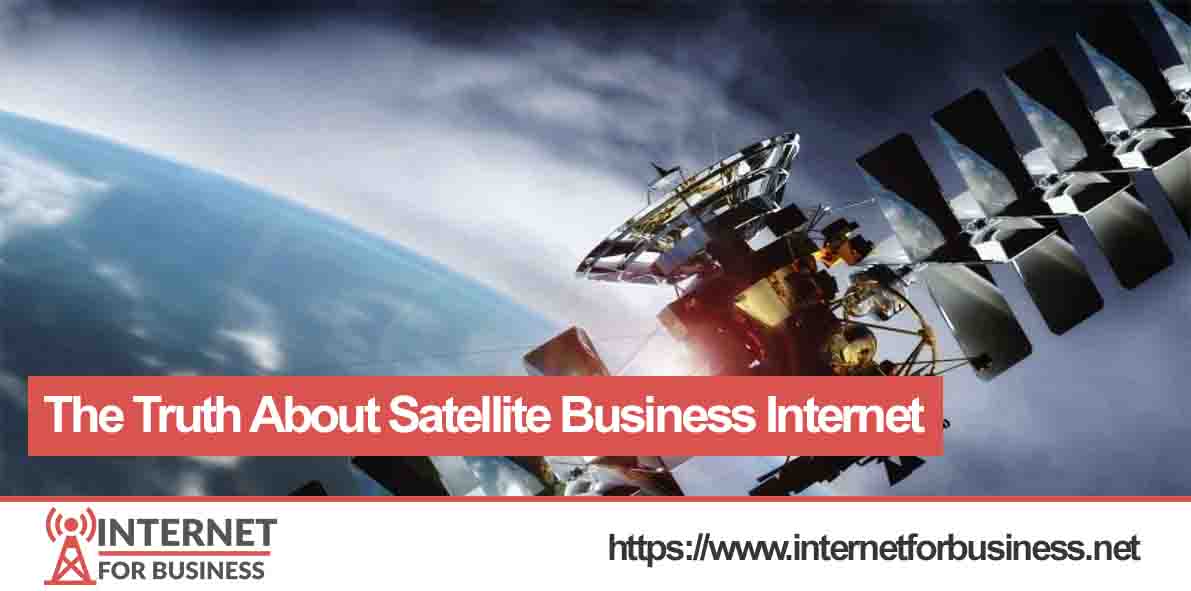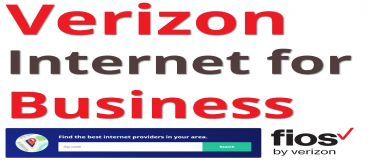The Truth About Satellite Business Internet

The Business Satellite Internet has proved to be a connectivity solution for hard-to-reach businesses almost anywhere.
Learning the facts is the first step to making any business decision. But the facts are not always clear-cut when it comes to selecting a company internet service provider.
That's why we're busting a lot of satellite internet industry myths. The satellite internet of today is not only a viable choice for simple access, it is a total communication solution for hard-to-reach companies almost anywhere.
Myth 1: The internet via satellite is vulnerable to weather outages.
Truth: Regular weather has a minor effect on satellite internet, such as light rain. For Example, Viasat networks are handled carefully during extreme weather to keep clients linked. Although outages are possible under severe conditions, clients are more likely, if anything, to notice just a brief dip in speeds.

Myth 2: VoIP doesn't operate with internet satellites.
Truth: Business Internet prioritizes VoIP applications, and most VoIP services operate out of the box right now. Viasat, for instance, provides Viasat Voice, a full-featured voice service designed to run over a satellite from the ground up.
Myth 3: The Internet via satellite is for rural businesses only.
Truth: Satellite Internet has proved to be a successful choice for hard-to-reach companies just about everywhere, including suburban and urban sites trapped on old land-based networks or vying for capacity on crowded cell towers, accessible to 96 percent of the U.S. population.
Also Read: Shared vs Dedicated Business Internet : What is Right for your Business
Myth 4: Internet satellite dishes look low and are a pain to mount.
Truth: Business Internet dish measures just 30 inches by 28 inches and can usually be unobtrusively installed on a company's roof or side or even on a nearby pole. In most situations, installation is done within 3-5 business days of placing the order.
Myth 5: Satellite Internet is only a backup connection for most companies.
Truth: Satellite Internet can and does act as a primary networking option for thousands of businesses with speeds and features that equal or even exceed conventional DSL and T-1 business services. In reality, the majority of business customers use the Internet via satellite as a primary link.
Related Articles:
Why a Business Needs IT Support
Everything You Need to Know About Cox Business Internet
Related Posts
Mon, Apr 20, 2020 11:13 PM
Business Internet Guides for Entrepreneurs
Small businesses need to grow, but how big should your business become before you buy it online? Whether you started out as a sideshow or a brick-and-mortar business, successful small businesses are finding it increasingly difficult to decide when to shell out money for an Internet business.
Wed, Apr 22, 2020 11:34 PM
Find Verizon Internet for Business Near You!
Verizon provides Internet for business in more than 40 states in the US, speeds are limited to 15 Mbps, and many businesses will need more juice. If you're in the Northeast, you can enjoy high-speed Internet via Verizon's FiOS. This is ideal for businesses that need high speeds, such as restaurants, hotels, medical facilities, hospitals, schools, and other businesses.
Thu, Apr 23, 2020 12:00 AM
5 Best Small Business Internet Service Providers (2021)
The following Internet Service Providers are not listed in any particular order, but we have ranked these five companies as worthwhile due to some key factors such as speed, reliability, cost, and overall customer satisfaction.
Thu, Apr 23, 2020 11:52 PM
Why Business Internet is More Expensive Than Residential Internet
This question is asked so often today that it seems worth explaining, but here are 5 reasons why business Internet is more expensive than Residential Internet packages.
Fri, Apr 24, 2020 5:17 AM
Comcast Internet For Business: Internet, Phone, TV, and Other Solutions for your Business.
Comcast Business is US largest cable provider for small and medium-sized businesses and has become a force in the market, recognized by leading industry over the past two years as one of the fastest-growing providers of high-speed broadband to business customers




